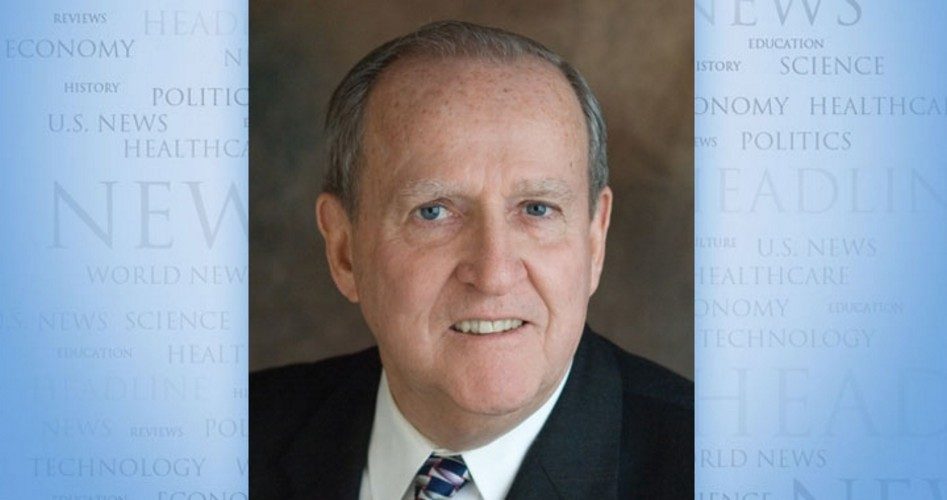
After a presidential candidate debate, everyone has an opportunity to name winners and losers. We’ll get to that shortly. But first, let’s name the biggest loser in the October 28 contest — the nation’s mainstream media that took a sound thrashing from several of the participants.
Texas Senator Ted Cruz identified the big loser early in the two-hour circus when he ignored a question about the debt limit and, instead, expressed his contempt for the entire mainstream media. He first aimed his oratorical weapons at the panel before him: “The questions that have been asked so far in this debate illustrate why the American people don’t trust the media.” The audience applauded enthusiastically.
Cruz continued: “Look at what is being asked. ‘Donald Trump, are you a comic book villain? Ben Carson, can you do math? John Kasich, will you insult two people over here? Marco Rubio, why don’t you resign [your Senate seat]? Jeb Bush, why have your numbers fallen?’” Now the audience was cheering. Cruz added that none of the mediators, all of whom he obviously believes are left-leaning Democrats, would be able to vote in a GOP primary. More agreement from the Colorado throng!
Later, Florida Senator Marco Rubio continued the attack begun by Cruz when he referred to the mainstream media as “the Democrat’s Super Pac.” Given his chance, New Jersey Governor Chris Christie lambasted the CNBC panel for ignoring substantive issues facing the nation and asking the candidates about whether the federal government should regulate fantasy football. Angrily, he shouted, “We have a $19 trillion debt; we have people out of work; we have ISIS and Al Qaeda attacking us; and we’re talking about fantasy football?” That won him a burst of appreciation from the attendees and, likely, from the TV audience. Both Rubio and Christie should move up in the polling.
Already lagging as a result of several dull performances, former Florida Governor Jeb Bush thought he could gain some momentum by attacking fellow Floridian Marco Rubio for missing Senate votes. It didn’t work. Rubio capably defended himself and the lackluster Bush has to be considered one of the big losers in the debate. Other losers, or at very least non-winners, include Ohio Governor John Kasich, who droned on monotonously about his home state’s record, Kentucky Senator Rand Paul who seemed tired of the process but did assert that new House Speaker Paul Ryan wouldn’t change anything, and former Arkansas Governor Mike Huckabee who stated that he had defeated the Clinton machine several times in Arkansas and could do so again against Hillary Clinton.
Participants who neither won nor lost included real estate mogul Donald Trump and retired neurosurgeon Ben Carson, both leaders in the latest polls. Trump attacked Super Pacs and gun-free zones. Carson repeated his contempt for political correctness and government subsidies. Former Hewlett-Packard CEO Carly Fiorina suggested scrapping the massive tax code and issuing a three-page document that every taxpayer could read and understand. That won’t win her any support from lawyers and accountants. She ended her comments with a vain hope to debate Hillary Clinton.
Clear winners this time were Rubio, Cruz, and Christie. Mention should also be made of the four second-tier candidates who participated in a non-televised early evening debate: George Pataki, Bobby Jindal, Rick Santorum, and Lindsey Graham.
The next debate, likely without a few who ought to drop out, will be held in mid-November. In the meantime, expect some media personalities to defend themselves and their profession.
John F. McManus is president of The John Birch Society and publisher of The New American. This column appeared originally at the insideJBS blog and is reprinted here with permission.


